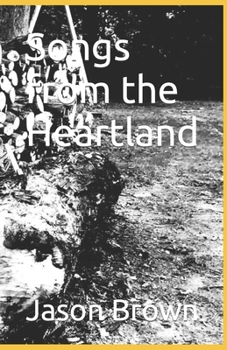Songs from the Heartland
As someone challenged by the legend of Shakespeare writing King Lear during his own pandemic and trying to make the most of ours, I became an autodidactic poet adapting a classic form - English sonnets - to modern stories.
Unfortunately - and about this, let me be clear - I am not a poet. I am, in parts, a father, an engineer, son, brother, carpenter, friend, philanthropist, and mediocre endurance athlete. These definitions, and my experiences fulfilling them, serve as the foundation of my work.
My poems are rough, but as the rough sawn nature of barn wood adds to, rather than detracts from, its beauty, I hope that the folksy, down-to-earth, literal approach to the lofty sonnet will add to, rather than detract from, the art form.
The work opens with a prologue that critiques modern poetry and implies a need to return to classical form. To invert the advice of van der Rohe, function will follow form. The rhythm and meter of the sonnet require preservation, with the subject elevated by the form itself.
The first section proves this point using homespun narratives and family lore to demonstrate the utility of the sonnet. It highlights universal topics of family, community and fellowship through quintessential midwest subject matter - nature, hard work, and play time.
In the second section, I dare myself to prove the adaptability of the sonnet, taking on topics as far-flung as Sysephus, antidisestablishmentarianism, and professional sports contracts. The absurdity is the point - the sonnet is a vehicle for any story needing to be told (and maybe a few that don't).
In the third section, I get unapologetically salty using the sonnet as a microscope under which to examine society's peccadilloes, including a few self-recriminations.
The work closes with an appeal to the audience to remember me fondly and well - but not too seriously.
Related Subjects
Poetry




